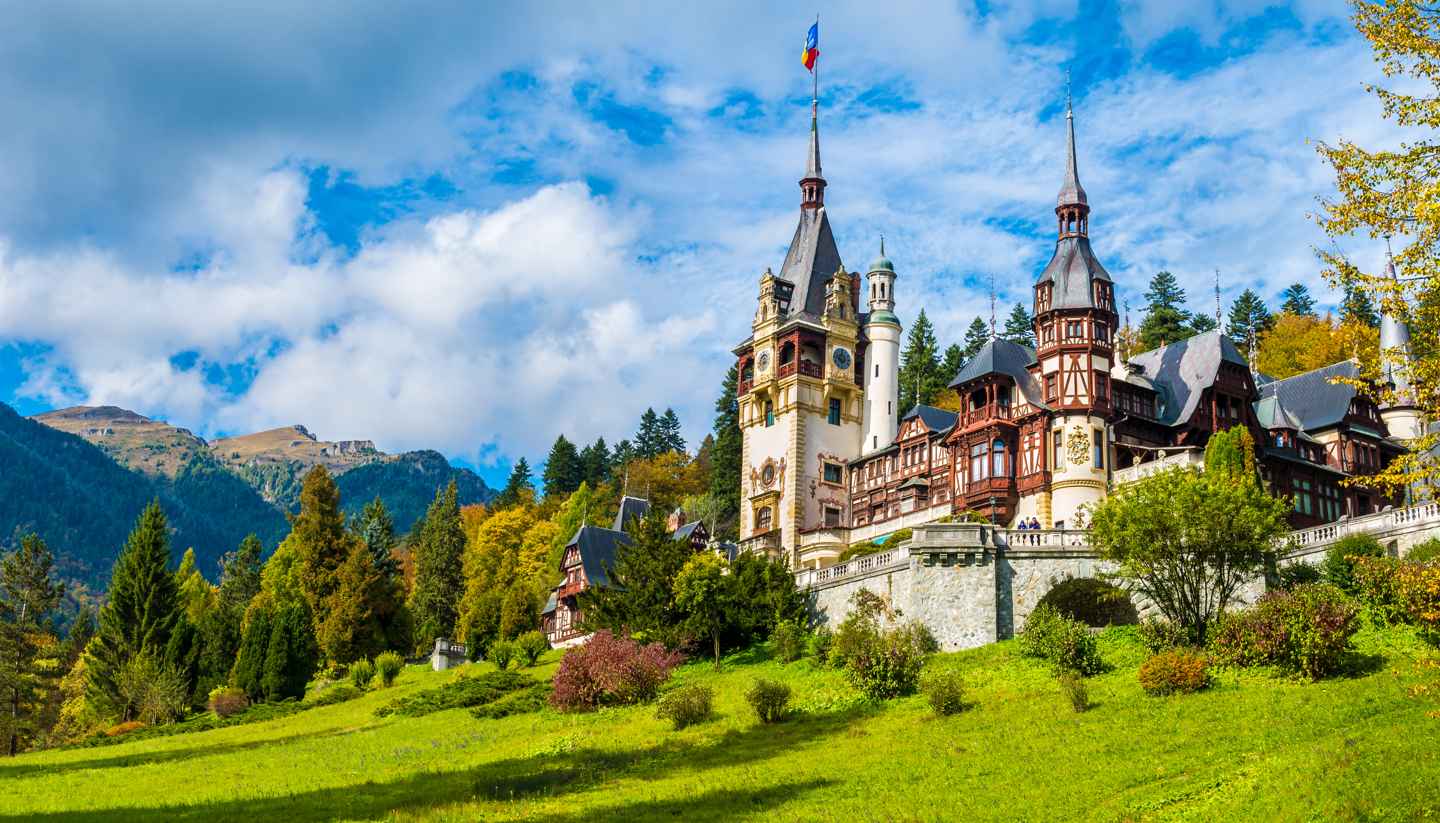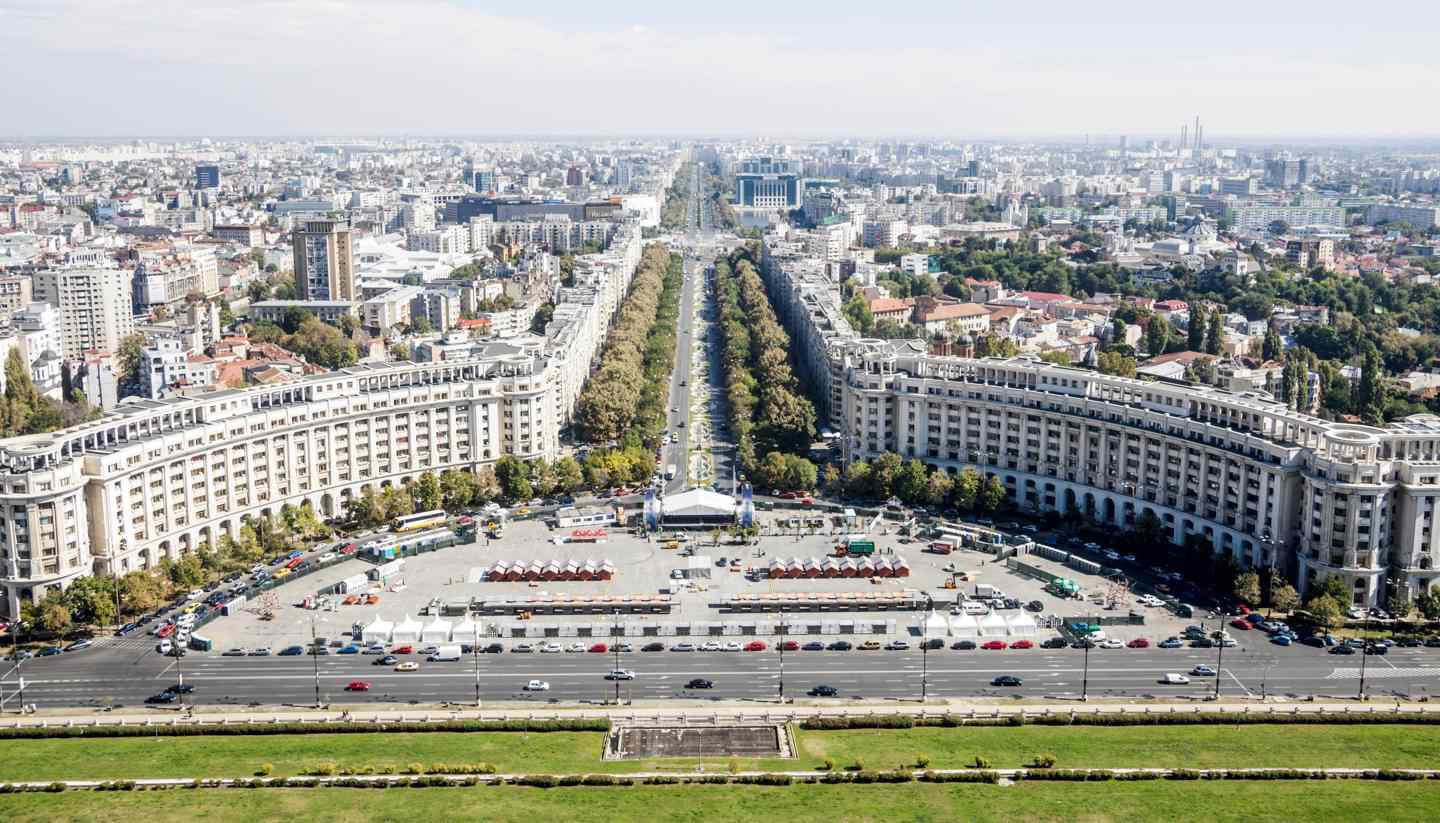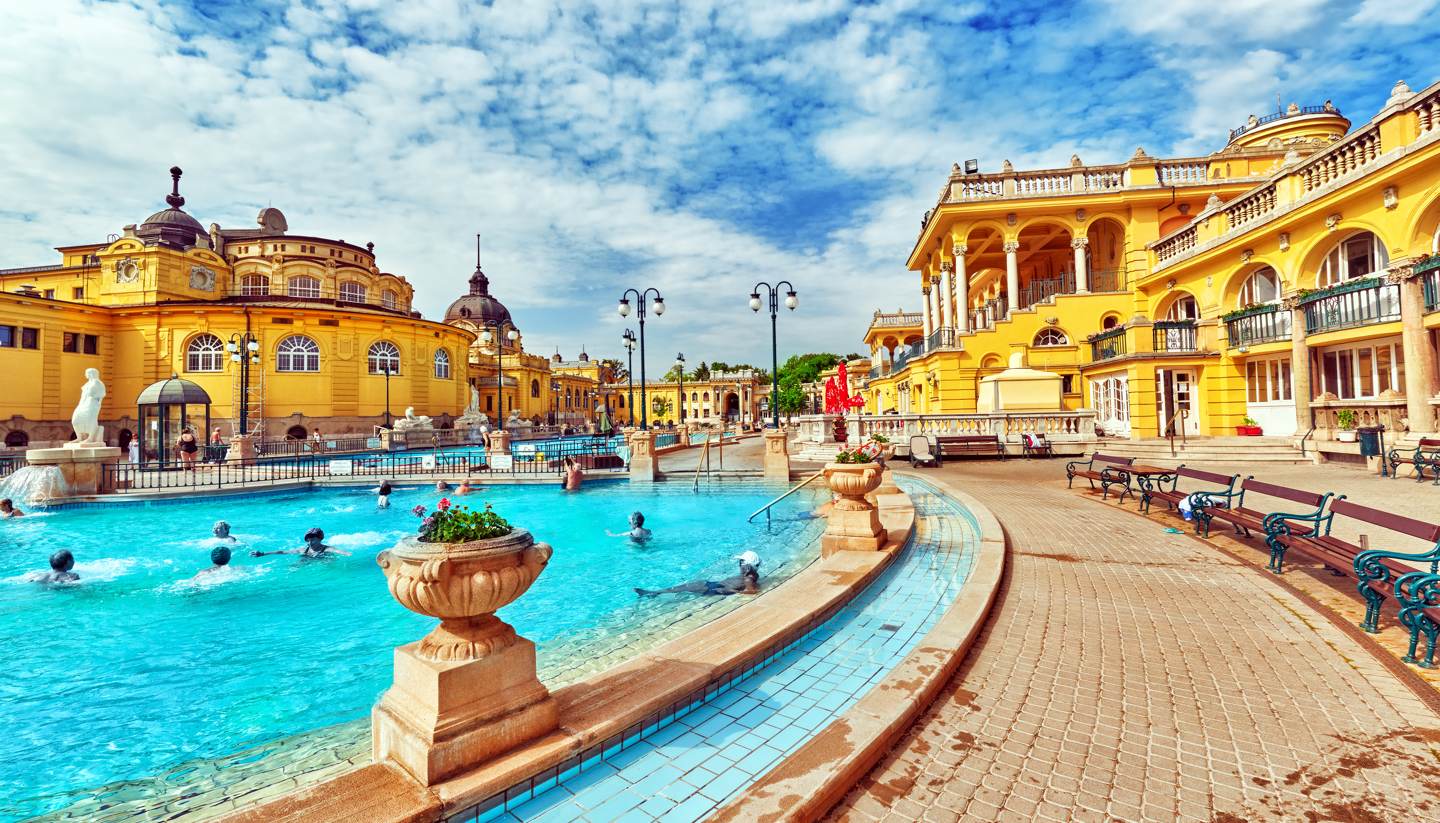Romania Shopping and nightlife
Shopping in Romania
Like most countries, Romania has its fair share of generic shopping malls – but it’s far more rewarding to shop with the locals at your nearest market. Even the smallest Romanian village usually has a regular market, and in some areas wares are still transported from place to place by horse-drawn wagon. Local cheese, fruit and fresh vegetables are all daily staples, while some markets also sell national specialities such as embroideries, pottery, porcelain, silverware, carpets, ceramics, crystal, glassware, fabrics, wool jumpers, woodcarvings, metal, leather goods, rugs, glass paintings and silk dresses. Transactions at markets almost always take place in cash – and don’t be afraid to haggle if the price isn’t right.
Bucharest is the country’s shopping hub. As well as several city-centre malls, it has a colourful flower market, regular arts and crafts events and a thriving antiques industry. Nose out a gem in Str Hanul cu Tei, a narrow cobbled alley in the historic town centre lined with galleries and antiques shops. Or, if your taste runs to luxury, take a stroll down Calea Victoriei, where you’ll find an expensive selection of jewellery and designer boutiques.
Prices in Romania have crept up over the past few years, but it’s still possible to pick up high-quality, handmade jewellery for a song in some areas. Iași’s Hala Centrala has dozens of jewellery stalls – for a traditional, low-priced souvenir, look for pieces crafted from Romanian amber set in Turkish silver. On the other side of the country, Timișoara is famous for its arts and crafts scene and hosts a selection of shops selling local artwork, ceramics and handcrafted jewellery.
Shopping hours
Mon-Sat 0900-1800, although this may vary according to season and area. In urban areas, supermarkets can remain open for much of the night.
Nightlife in Romania
Bucharest has a growing number of nightclubs offering everything from hiphop and dance nights to jazz acts and ballroom dancing. Entry fees tend to be cheap, even in the capital, and outside the larger cities many clubs offer free entry.
Restaurants at most major hotels double as nightclubs and Bucharest has several Parisian-style cafes, although the locals tend to favour cocktail bars in summer and cosy underground pubs in winter. You’ll also find a number of glitzy casinos clustered around the upmarket Calea Victoriei. Opera is performed at the Romanian Opera House and the Romanian Athenaeum has two symphony orchestras, while folk entertainment is performed at the Rapsodia Romana Artistic Ensemble Hall. The National Theatre Bucharest puts on regular events and shows, so it’s worth checking what’s on before you travel.
The top nightlife spots outside Bucharest include Brasov, Craiova, Sighisoara, Mamaia, Iasi, Constanţa, Galaţi, Ploieşti and Timisoara. Cluj-Napoca, with its large student population and funky minimal techno scene, also has a growing reputation as a party city. Don’t expect to dance the night away if you’re based in a smaller town, although small pubs and teahouses can offer a much better opportunity to get to know the locals.




